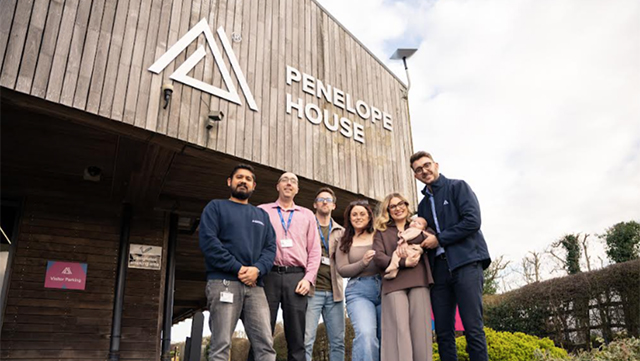
COMMENT: We settle into 2018 reflecting on a mixed picture for the UK economy. Although we haven’t seen anything like the economic horror show that many had forecast would follow the Leave vote, economic growth is down, with many businesses continuing to hold off on investment and consumers beginning to cut spending, writes Paul Clark, chief investment officer at the Crown Estate.
So far, UK prime real estate has proven relatively resilient. The office market, cushioned by low interest rates and a cheaper pound, as well as continuing undersupply, has so far avoided any material downturn in pricing. And retail, a tougher environment, continues to see strong demand for high-quality space in the best locations. In the prime West End market, many retailers have benefited from recent record levels of international spending, again boosted by sterling’s lower price.
But we must acknowledge that, over the short term, returns are going to be subdued with rental growth muted at best and transaction volumes down. Yet coming as this does after the extended bull run we’ve enjoyed over recent years, it’s hard to be too surprised.
Attractions of the UK economy
Whatever the short-term outlook, a host of factors (deep, liquid and transparent markets, the rule of law, our language, time zone advantages, and a benign taxation regime) make the UK, and especially London, an attractive place to invest over the long term.
However, we must remember to guard against complacency.
Now is the time to address the changes and challenges coming our way. If we don’t, the warning signs in today’s market may be just a taster of what is to come. First, we must decide on the sort of economy we want to be after we leave the European Union, and determine what this will mean for UK real estate.
The implications of a hard or soft Brexit, and of an “open” or “closed” trading environment, for our occupier markets, for access to talent, and for financial services, will be significant.
Yet, although Brexit dominates the news, it would be a mistake to believe that it is the only, or even the most significant, force affecting our sector.
Much longer-term trends, such as shifts in IT capabilities, demographics, environmental priorities, customer expectations and so on, are bringing in new ways of working and shopping, and will make fresh demands on our cities and public spaces. From flexible leases to the changing role of IT and data exchanges, our customers are thinking differently and real estate must keep up.
Focusing on fundamentals
For the Crown Estate, that means focusing on the fundamentals, working hard to address our customers’ needs, and supporting their businesses as they evolve, to ensure we continue to supply world-class commercial real estate products.
Next year looks likely to be an pivotal year for UK real estate. We should expect lower returns than we’ve become used to, and asset managers will have to work harder to make their money, though they will aided by structurally low interest rates and a glut of global savings.
In the months ahead we must guard against both a false sense of security, and a single-track focus on our relationship with the EU. Whatever the outcome of negotiations, the future for UK real estate will rest on plenty more besides.










